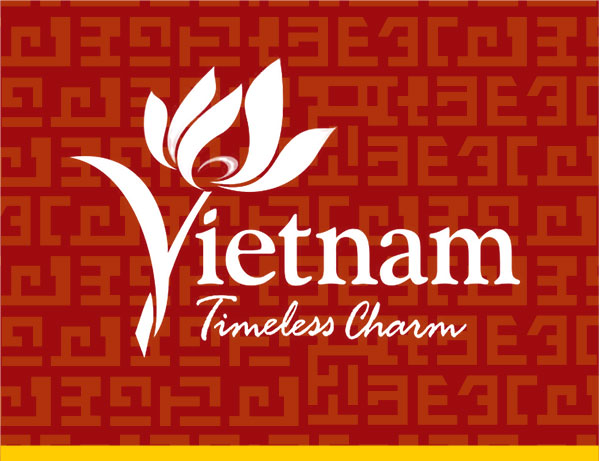The French enter Vietnam
Vietnam’s first encounter with the French was in the eighteenth century, initially by missionaries, but later militarily when Pigneau de Behaine, the Bishop of Adran, recruited a force to help Nguyen Anh to capture Hanoi, unify the country and, as Emperor Gia Lengthy, to usher in the highly effective Nguyen dynasty with its capital in Imperial Hue. Bringing collectively the north and the south created the state of Vietnam for the first time.
Invasion
Pigneau de Behaine’s vision of an Indochinese empire lingered on in France, till an expansionary French Second Empire, anxious to match the imperial adventures of Britain and different European nations, attacked Vietnam in 1846 using the Nguyen regime’s antipathy in direction of Christians as a pretext. By the 1880’s they’d secured the entire Indochina peninsula, and started to exploit its wealthy resources.
Oppression and exploitation
Although the expressed purpose of the conquest was to convey liberty to ‘the races and peoples nonetheless enslaved by ignorance and despotism’, the result was seventy years of oppression and close to-slavery for the Vietnamese. The Nguyen dynasty rulers continued as puppets, all rights have been eliminated, and any dissent was ruthlessly crushed. The predominant curiosity of the French in Vietnam was profit – just about no try was made to raise the lot of its people.
Defiance
The oppression re-kindled folk’s reminiscences of the centuries of Chinese language domination, and relit the fireplace of resistance in Vietnamese hearts. Sporadic revolts and uprisings started virtually from the outset but efficient opposition solely arrived when Ho Chi Minh recognized the potential of Communism to unify the people and supply a strategy to defeat the occupying forces.
Ho Chi Minh unites the resistance
From the 1920’s to 1941, Ho Chi Minh patiently brought collectively the disparate resistance groups to build a single organization – the League for the Independence of Vietnam, higher often called the Vietminh. The Vietminh turned the formidable fighting force that finally routed the French at Dien Bien Phu, and were the inspiration of the Vietnamese Communist forces, often abbreviated to the ‘Viet Cong’.
The curious lack of impression
The interesting side of the Vietnamese colonial period is just not its impact upon the country, however its lack of cultural impact. The French were in Vietnam for nearly a century, however apart from the buildings, the railway and the ever-present baguettes on sale in every single place in the cities, there are few apparent traces of their presence. Whereas the French affect on the culture of different former French colonies in Africa and elsewhere is immediately apparent to visitors, in Vietnam there’s little to counsel they have been ever here.
This is most likely due partially to the behavior of the colonialists: minor civil servants and business folks in France, but residing a life of opulence and self indulgence in Vietnam. Insulated from the exploitation and degradation of the Vietnamese people, aside from a small military of domestics to manage the chores and prostitutes to supply leisure for the male administrators and the French army, the colonialists lived a carefree and gracious lifestyle.
Schooling for Vietnamese individuals was minimal, and well being provision non-existent. Opium addiction was encouraged, and proved a lucrative enterprise. In Such circumstances, cultural transfer was unlikely.
The Chinese language sought to Sinicise the Vietnamese during their occupation, albeit unsuccessfully. However, the influence upon Vietnamese culture, religious beliefs and social behaviour was profound: most likely essentially the most significant factor in the country’s growth thereafter. The French, motivated by achieve, did little more than strip the country of its pure resources.
The French legacy
Surprisingly, after the victory at Dien Bien Phu, there was little spontaneous backlash against the tangible mementos of French domination. Cities, cities, streets and municipal buildings have been re-named, statues and monuments removed, but there was no try to destroy the most obvious symbols of colonialism, the numerous pseudo-French public buildings, chateaus and hill stations. The new Vietnamese authorities either made use of them for mundane purposes, or left them to rot. Whether this coverage was by design or default, the outcome was that many are nonetheless standing. As Vietnam opens up to the world, the French architectural heritage is having fun with a brand new renaissance as one of many country’s vacationer attractions.
